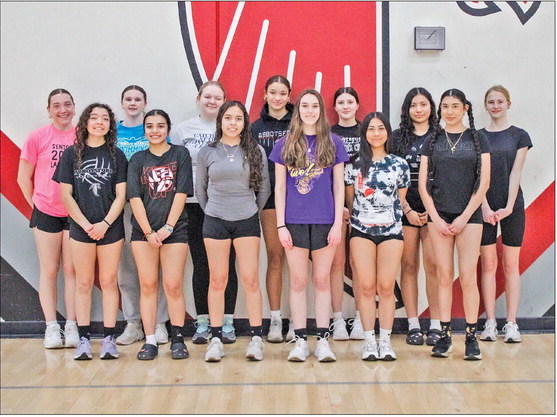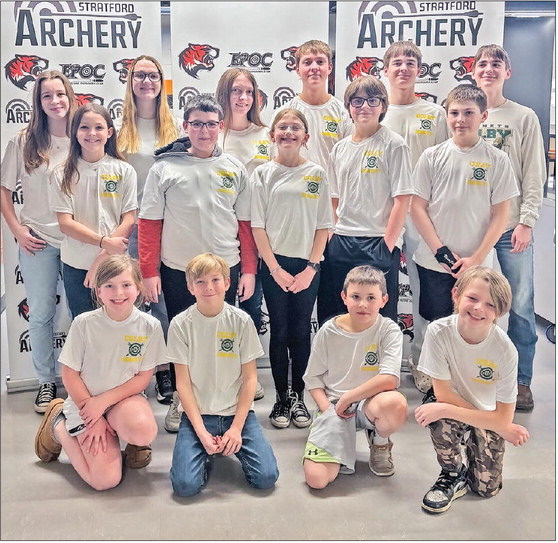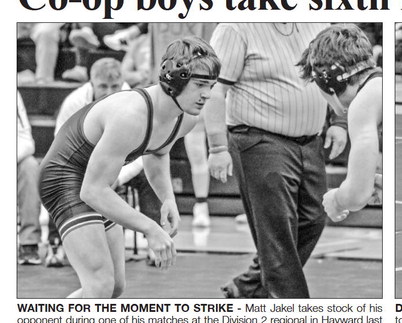What do we lose in the day of modern conveniences?


“There are two spiritual dangers in not owning a farm. One is the danger of supposing that breakfast comes from the grocery, and the other that heat comes from the furnace.” ― Aldo Leopold, “A Sand County Almanac” I thought this quote fitting with June Dairy Month considering our locale and the Dairy Breakfasts around the area.
I recall reading that quote for the first time decades ago. I don’t know about you, but I didn’t get excited about reading almanacs back then. I can’t say I’m jumping up and down about reading almanacs now.
But I did enjoy that book. An easy read, filled with wisdom. If you like wild places and wild things - you’ll enjoy that book. The original version, not the new version that is missing parts and the forward is by someone other than Leopold. Get a copy of the original.
First published in 1949, Aldo Leopold’s, “A Sand County Almanac” has become a conservation classic, selling over two million copies across the globe and translated into 15 languages.
My great grandfather was born about the same time as Leopold. A voracious fishermen, he ate the fish he caught for breakfast the next morning. If they weren’t prepared for breakfast the next morning he gave them away.
I think about that story often when filleting fish. I think about the different quotes of Leopold’s from “A Sand Country Almanac” too. This is the 75th anniversary of the publishing of that book and its contents still bear relevance today.
The time spent obtaining fish to eat from a wild lake. Catching bait, travel, prepping gear, the fishing, and the cleaning of the fish. A whole day of work for one meal. Versus walking into a grocery store and buying a package of frozen fish.
We walk into a grocery and grab a gallon of milk, a pound of cheese, and butter when we need it. Leopold points out that the reality of producing a gallon of milk remains hidden from the masses due to modern day conveniences. Conveniences that remove the masses of society from the realities of the farm.
He’s talking about people like a nice gal I met in college from Chicago that thought chocolate milk came from putting cocoa powder in the cow’s food. I wasn’t along when our group of friends took her on a field trip to the UW-Extension dairy farm, but I’m told her introduction to the realities of producing milk provided a lot of entertainment.
What percentage of the population do you think doesn’t know that a farmer cares for a dairy cow over two years before it produces it’s first drop of milk? What percentage do you think know just how much planning and effort goes into that gallon of milk before it leaves the farm when they pick it up from the refrigerated shelf in the grocery?
I’m slow grilling a venison roast this weekend. I know how much time I spent scouting, target shooting, prepping gear, travel, hunting, field dressing, butchering, and wrapping it took to put that pound and a half roast in the freezer.
I, like many others, stood on a hay wagon and stacked bales in a loft when young. 175 bales on a wagon feeds an 80 cow herd for two days and takes about 35 minutes to unload a wagon. Bales that weigh more than half your weight at 15 years old. Everyone involved took five minutes to guzzle water and it started again.
Grass grows from mid-May to mid-September, eight months of hay, needed times 30 days, a need for at least 240 days of hay. Divide that by two and it comes out to 120 wagons. We stacked 11 wagons one day with the temps in the mid 90’s – over 950 bales for each guy in a 110 degree loft, over 1,900 bales for the person unloading and the person stacking on the wagon. What percentage of the population understands this, and what percent of the population ever lifted a fresh bale of hay, much less stacked bales in a loft?
Do you suppose that number is greater than or less than those that understand the value of a meal of venison? How about a meal of bluegills or walleye?
The danger of not living on a farm or in a forest. The relevance of the aforementioned quote holds more importance today than it did 75 years ago.
Through a
Decoy’s
E
ye






